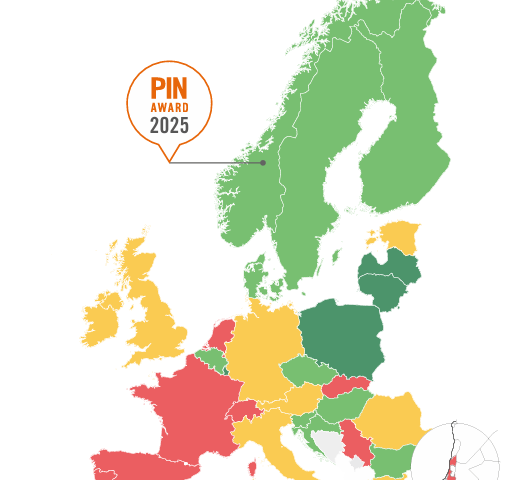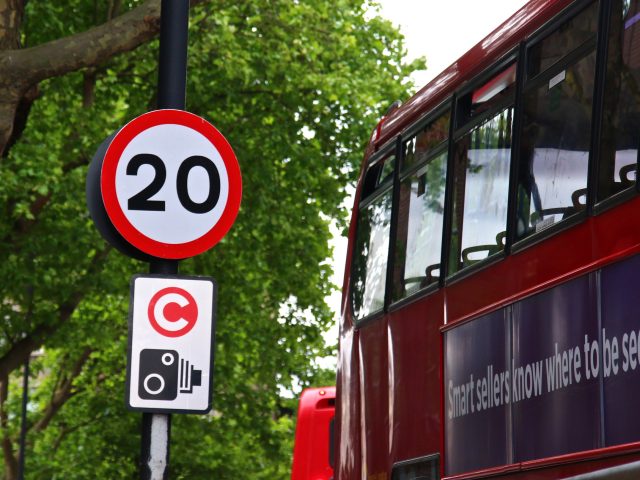Opinion: A troubling shift in English transport policy
Dudley Curtis
“What is sinister and what we shouldn’t tolerate is the idea that local councils can decide how often you go to the shops and that they ration who uses the roads and when, and they police it all with CCTV.”
Remarkably, the quote above is not taken from a fringe protest group or a conspiracy-laden facebook page, but rather from a keynote speech given earlier this month by the UK’s Secretary of State for Transport, Mark Harper, at his party’s annual conference. This speech, and the policy announcements that accompanied it, raise serious concerns about the direction of English transport policy (Scotland, Wales, and Northern Ireland have significant devolved powers in this domain).
The government’s newly unveiled “Plan for drivers” in England sets out a new 30-point plan to “support people’s freedom to use their cars and curb over-zealous enforcement measures.” Notably, the government has withdrawn its formal guidance on reallocating road space for walking and cycling, indicating a shift away from promoting safer and sustainable modes of transport.
Furthermore, the plan includes measures to limit the authority of local councils to implement 20 mph zones and hampers their ability to enforce low-traffic zones using the national database of registration plates.
The UK government’s once-leading role in improving road safety has been on a steady decline for more than a decade. Long-term targets and strategic plans to reduce road deaths and injuries have been conspicuously absent and announced initiatives have either been delayed or quietly shelved.
While the government touts the relative safety of the UK’s roads, the grim reality remains that there were 1,750 road deaths last year in the UK – hardly a point of pride. By contrast, countries like Norway and Sweden, which had a similar level of road mortality as the UK in 2012, have reduced deaths by 20% over the last decade, whereas the UK has only managed a meagre 3% reduction.
One obvious opportunity for the UK to enhance road safety with minimal effort lies in aligning with the latest generation of EU vehicle safety standards, which came into effect last year but are not mandatory in England, Scotland, or Wales. Features such as Automated Emergency Braking, Intelligent Speed Assistance, and Lane Keeping Assistance are now standard in the EU, offering significant potential for reducing deaths and injuries. The UK government has not announced any plans to require these technologies nor any alternative, despite the call of six former UK transport ministers. Needless to say, developing a unique UK standard would not only be costlier for the UK taxpayer but would also delay crucial safety improvements, leading to unnecessary casualties while the UK lags behind.
The government frames its policy as a champion of “freedom”, emphasising “people’s freedom to use their cars.” However, the notion of freedom in society, as articulated by English philosopher John Locke in 1690, encompasses freedom from violence. Concepts like low-traffic neighbourhoods, 20 mph zones (recently introduced across Wales), traffic enforcement, and separated cycle lanes are designed to ensure everyone’s freedom from violence on the roads.
England’s transport policy shift now prioritises an ambiguous notion of “freedom” for drivers over the safety and well-being of all its citizens. While the government’s rhetoric may sound appealing to some voters, it is crucial to recognise that true freedom includes the right to move about safely without undue risk or harm. As the rest of Europe advances in road safety standards, the UK government should reconsider its stance and take responsibility for prioritising the well-being of all road users.







